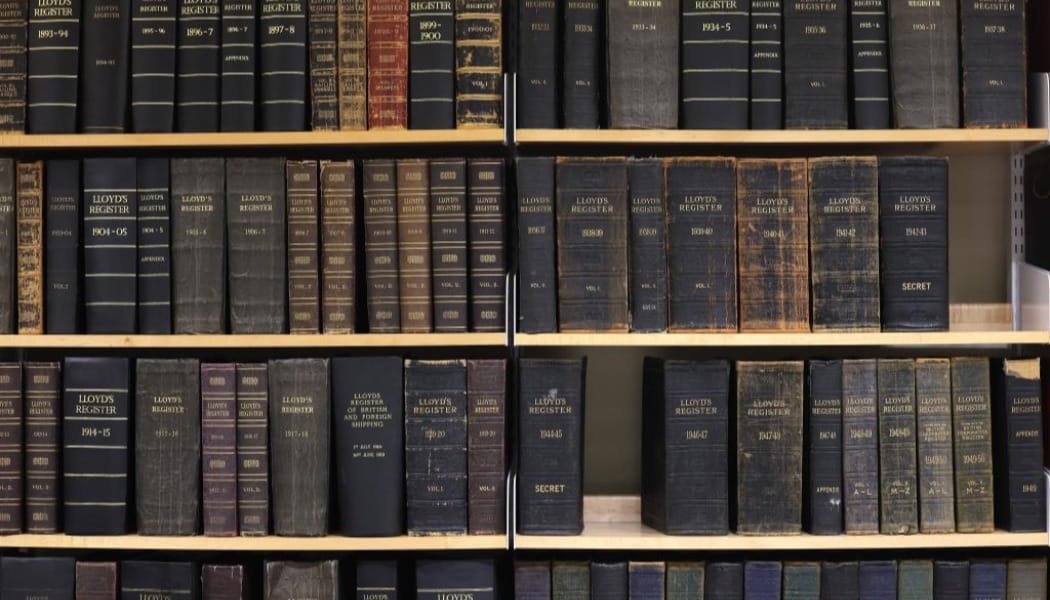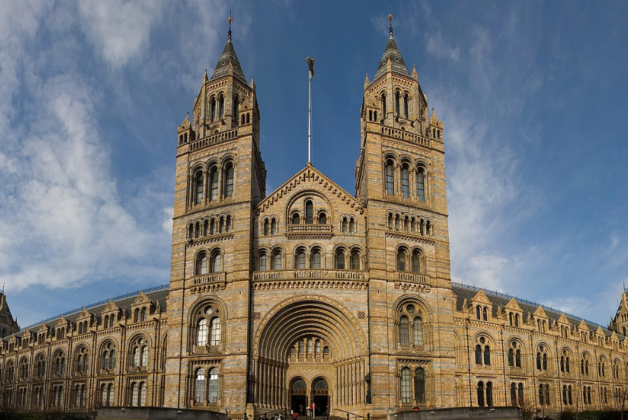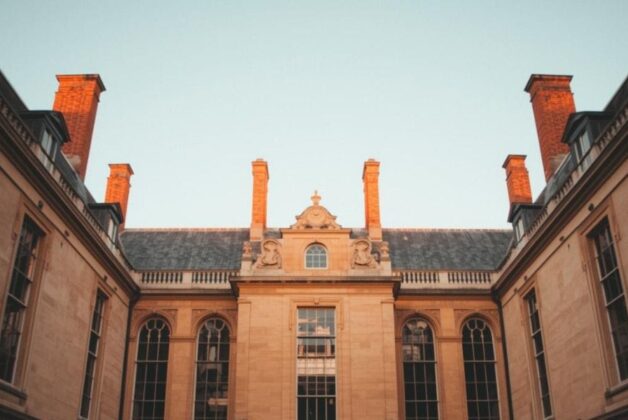Alistair Hardaker
Image: Rows of shipping registers from National Museums Liverpool's Archive Centre © Gareth Jones
National Museums Liverpool receives funding to establish project offering bursaries for global collaboration from 2026.
National Museums Liverpool has received a £1m grant to establish a new initiative designed to create an international network for researching transatlantic slavery history and legacies.
The Connector project will facilitate collaboration between museums, heritage organisations, higher education institutions, creative practitioners, businesses and community groups worldwide.
The initiative, funded by Lloyd’s Register Foundation, will provide a central platform for sharing knowledge and expertise whilst generating new research, understanding and discourse on transatlantic slavery and maritime history.
Financial support will be provided through bursaries to individuals working with aligned organisations, ensuring participation where resources might otherwise prevent involvement.
The bursaries are hoped to enable new relationships for shared understanding, helping uncover and contextualise international links to the history of transatlantic slavery and its worldwide legacies.
The project is scheduled to begin in autumn 2025, with bursary applications expected to open in 2026.
Laura Pye, Director of National Museums Liverpool, said: “As we continue to witness the ongoing legacies of transatlantic slavery, through challenges and tensions related to racism and discrimination, this project has the power to not only lay the foundation for both an innovative model for research, education and collaboration, but also respond to some of the most pressing and complex issues facing the world today.”
Alex Stitt, Director of Heritage at Lloyd’s Register Foundation, said: “We are on our own journey of researching and confronting the historical connections of Lloyd’s Register to transatlantic slavery.
“As an organisation that played a role in the maritime system that enabled transatlantic slavery, it is vital that we acknowledge this past, and support work that fosters a greater understanding of the history and legacies of slavery. “




